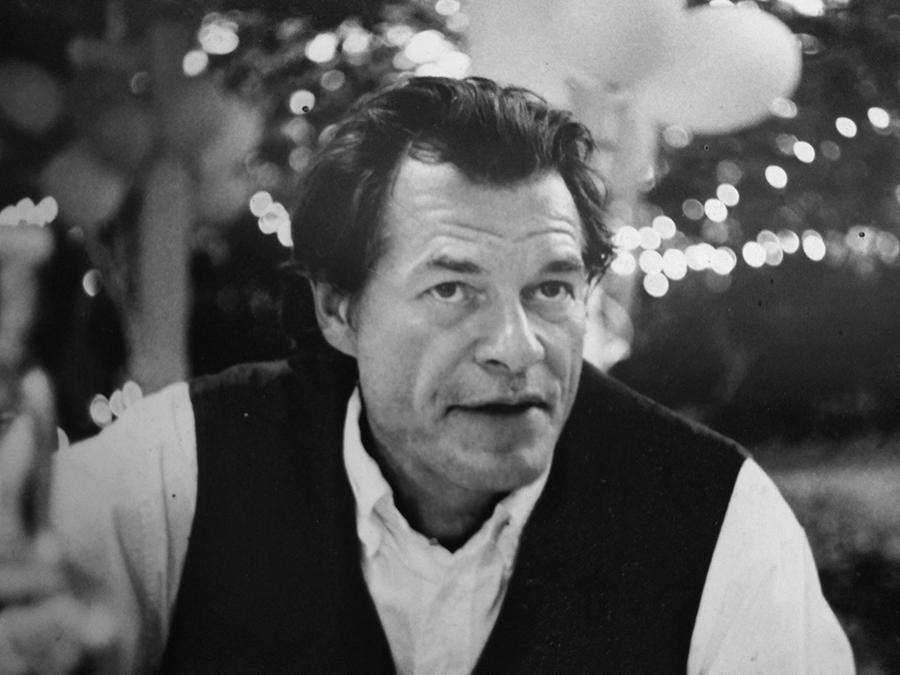Will Kent, a renaissance man who dedicated his life to maintaining and restoring the piers and foundations that keep bayside homes and businesses above . . .
Will Kent, builder, 1945—2019


Will Kent, a renaissance man who dedicated his life to maintaining and restoring the piers and foundations that keep bayside homes and businesses above . . .